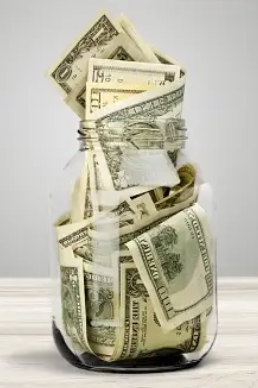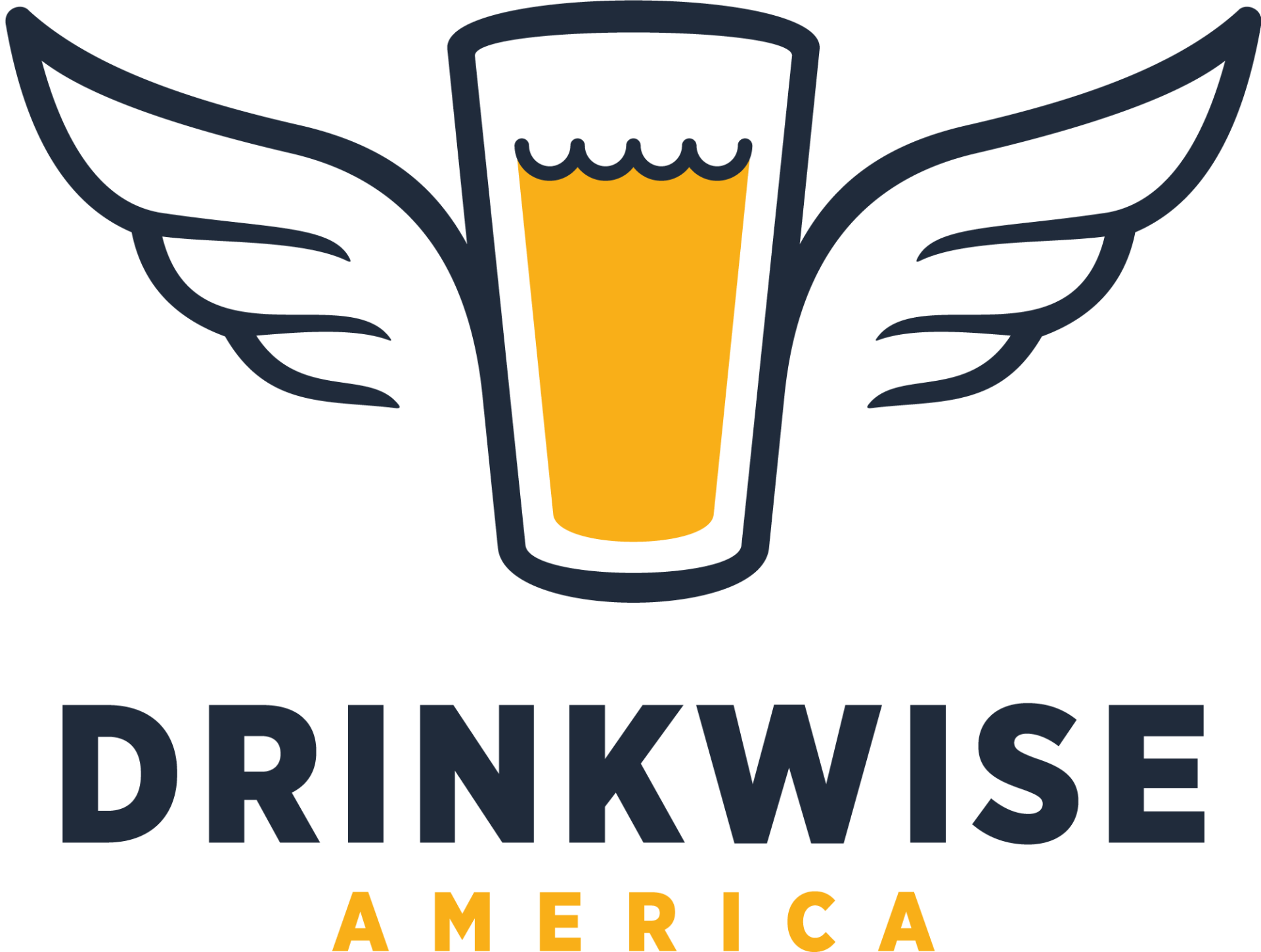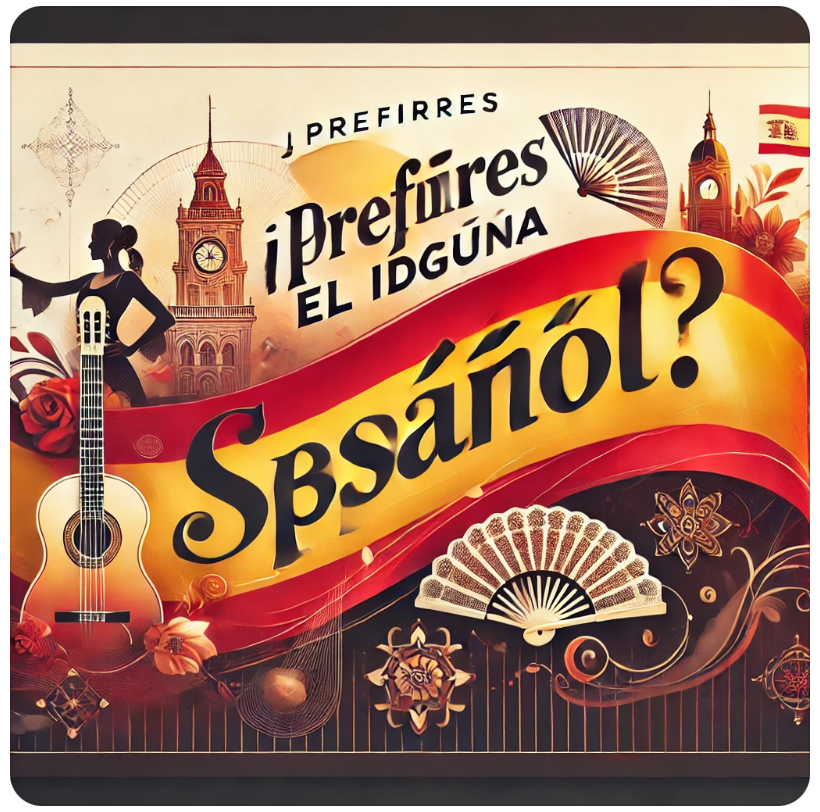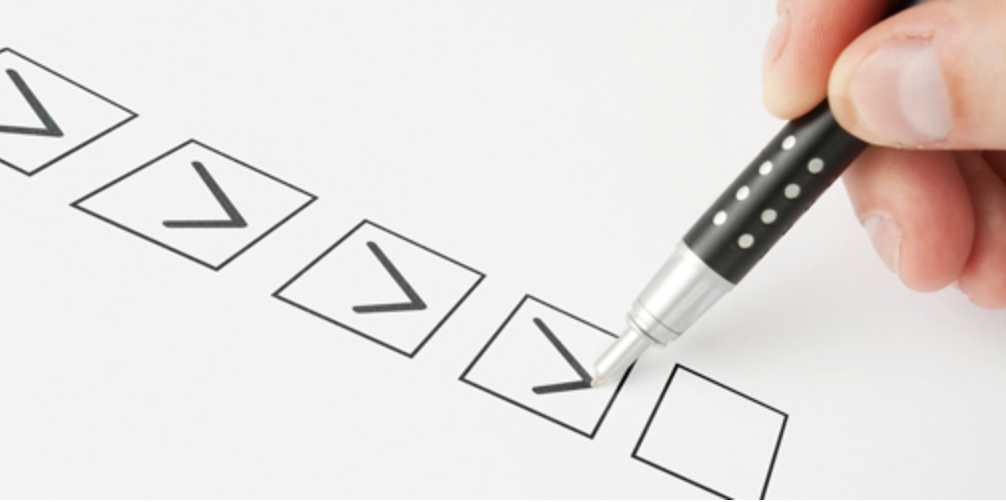California's New RBS Law
It's getting close to that time to celebrate!
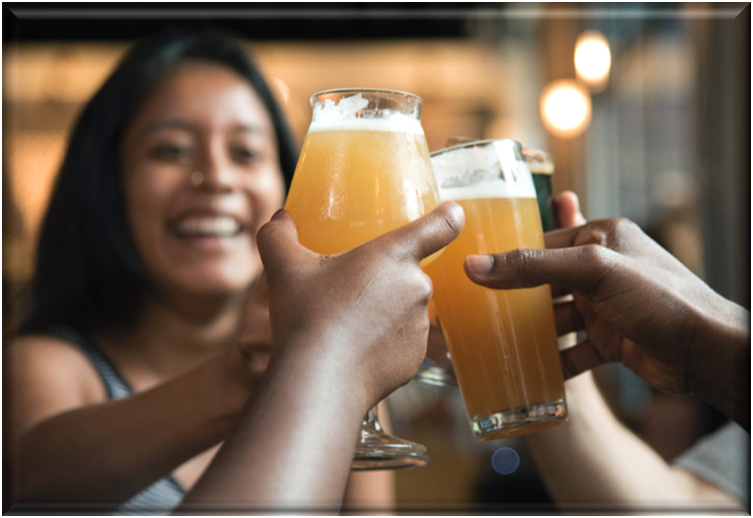
It’s getting close to that time to celebrate! While that’s a matter of opinion, I’m a glass-half-full person. As a former owner operator of restaurants with bars, I have little doubt that serving alcohol responsibly better protects the customer, public, city resources, and bar profits—more about that in future blogs.
For now, let’s answer some frequently asked questions that business owners, servers, city officials, and law enforcement have about the new California law ABC 1221—a law that will require over one million hospitality workers to be trained in RBS.
What is RBS?
RBS stand for Responsible Beverage Service. RBS is the term frequently used to define a course that teaches how to sell alcohol responsibly.
What is the difference between RBS and ABC LEAD training?
Responsible Beverage Service (RBS) training educates people seeking employment or those who are currently employed as servers of alcoholic beverages at on-premises licensed locations. It provides servers with the necessary knowledge and skills to responsibly serve alcoholic beverages to avoid causing alcohol related harm to their communities.
Licensee Education on Alcohol and Drugs (LEAD) is ABC’s free voluntary prevention and education program for off-sale licensees and their employees. LEAD provides practical information on serving alcoholic beverages safely, responsibly, and legally, as well as ways to prevent illicit drug activity at a licensed establishment.
LEAD training is not a certified RBS course.
When does the new RBS law start, and is it mandatory?
RBS training becomes mandatory on July 1, 2022. This new state mandate will require specific staff who work at on-premises alcoholic beverage businesses to successfully complete an ABC approved RBS training program and then successfully take an ABC Exam no later than August 31, 2022.
Who must be trained?
Alcohol servers, managers of alcohol servers who work at on-premises business, such as: restaurants, bars, fast casual dining, tasting rooms (including off-sale locations), hotels, and stadiums.
An alcohol server, as defined under AB 1221 includes anyone who does any of the following:
- Checks customer identification for purposes of alcoholic beverage service or entry to an ABC on-premises licensed establishment
- Takes customer alcoholic beverage orders
- Pours alcoholic beverages for customers, or
- Delivers alcoholic beverages to customers
A manager means any person who trains, directly hires, or oversees alcohol servers at an ABC licensed premises, or any person who trains alcohol servers how to perform the service of alcohol for consumption for an ABC on-premises licensee, including but not limited to, when to check identification or when to refuse service to a patron.
How does someone become certified?
Please click Three Steps to Get RBS Certified.
How long does certification last?
Certification is valid for 3 years. The certification must be renewed prior to its expiration to remain valid.
How do I demonstrate to my employer that I am certified?
Your training certificate is recorded on your ABC Server Dashboard in the training history at the bottom of the page. The ABC is using digital certificates, which will be housed in the ABC RBS Portal. If you want, you may take a screenshot of your ABC Server Dashboard and provide that to your employer.
Your employer will be able to check and confirm your certification via the ABC Licensee Login on the ABC RBS Portal, by using the certified person’s last name and nine-digit Server ID Number.
I completed a course before March 29, 2021, do I need to take another course?
Yes. Prior to Monday, March 29, 2021, none of the responsible beverage service training providers currently offering services in CA were ABC approved for the upcoming statewide mandate.
The city/county has specific ordinances for RBS training for alcohol servers, do those all still apply under AB 1221?
AB 1221 has set the standards for the types of RBS trainings to be offered (both in-person and online, as well as in English and Spanish languages, at minimum), the frequency of certification (3 years), and who must attend RBS training (anyone who falls under the definition of an alcohol server or alcohol server manager). Cities and counties may apply additional ordinances that further support the efforts of AB 1221 but does not supersede the standards defined in the act. The legal mandates for AB 1221 go into effect July 1, 2022.
Maybe not everyone is fond of the new law, but we can all cheer getting our businesses open and full of customers!
To learn more about DrinkWise and the services we provide, please visit our website “DrinkWise America”
If you have question, please email me at Gregg@DrinkWiseAmerica.com and I’ll do my best to get you an answer.
